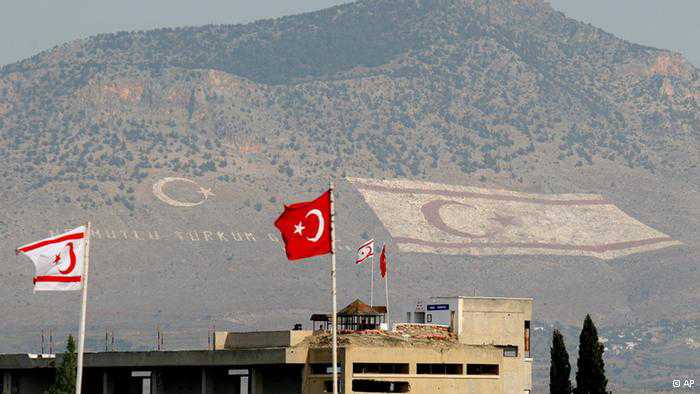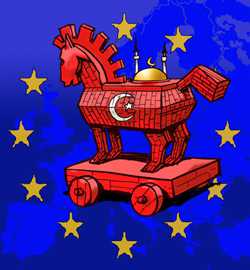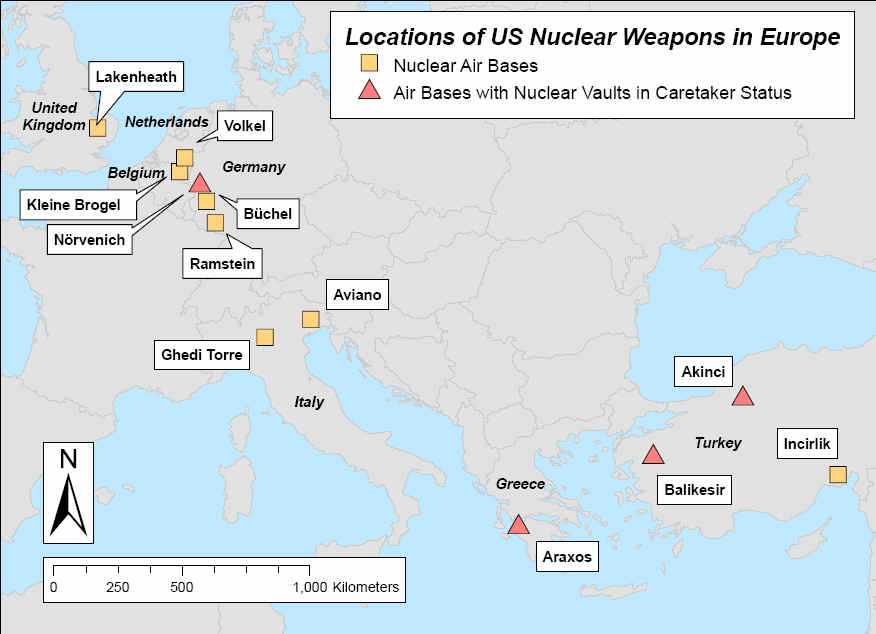EUROZONE CRISIS
Turkey could help kick-start Cyprus

Turkey supports northern Cyprus while Greece backs the southern Republic of Cyprus. While Greece is bankrupt, Turkey could help the island bounce back. But only a round of extreme diplomacy could make it happen.
The financial crisis has hit the southern part of divided Cyprus with full force. While a bailout package was finally agreed on at the last minute, the Republic of Cyprus now has to begin the painful process of adapting to the economic situation – just like Greece has had to do. Yet in Cyprus’ Turkish-controlled north, the financial crisis is barely noticeable.
It’s not surprising as Turkey is booming economically, with money regularly flowing across the Mediterranean to the northern part of the island. Without these subsidies, the Turkish Republic of Northern Cyprus, which is not recognized by the international community, could not survive. Yet many Turkish Cypriots would like to liberate themselves from dependence on Turkey, and even voted for reunification with their island neighbors in 2004. Had Greek Cypriots not rejected the plan by a large margin, northern Cyprus would now be a part of the European Union – and thus also a part of the eurozone crisis.
No gloating over Cyprus’ failed economy
The crisis in the Turkish-controlled northern part of the island can mainly be felt in the gaming sector. Since gambling if off limits to citizens of the north, they rely on income from tourists from the southern part of the island. Mesut Sahin, who owns Saray Casino, said revenues have dropped 50 percent since the start of the financial crisis. He added, with sincerity, that he hopes the south will recover quickly.
Ilke Gürdel, a Turkish Cypriot, said there is no reason for Turks in the north to gloat. He said the situation in the north may be better than the south, but it’s still not brilliant, adding that he feels sorry for Greek Cypriots struck by the crisis.
 Capital controls limited withdrawals to 300 euros
Capital controls limited withdrawals to 300 eurosTurkish Cypriots are now happy not to be a part of the eurozone, placing their confidence in the Turkish lira. But that has not always been the case, said Turkish publicist and Cyprus expert Ayla Gürel.
“The southern part of the island always used to be financially better off than the Turkish north; that’s why the north would always look longingly at the southern standard,” she pointed out. “But since Cyprus’ bankruptcy, this attitude has changed drastically. Now we are quite happy that the island was not reunited in 2004. Otherwise, we would have plunged into the crisis as well.”
Turkey’s role
Despite strained relations between the north and the south, there have also been times when the two parts of the island have cooperated – such as after the explosions at an ammunition depot in 2011. At the time, the Greek Cypriots had to deal with regular power outages. In response, northern Cyprus agreed to temporarily provide electricity. This kind of cooperation is essential during times of crisis, said Harry Tzimitras, director of the Peace Research Institute Oslo, which mediated between the two parts of the island as the peace plan was being drafted for Cyprus in 2004.
Tzimitras said strained diplomatic relations between northern and southern Cyprus are no answer for the indebted south. He observed that the south is under pressure to reconsider its “friendships” after some countries left it in the financial lurch. This could possibly lead to closer relations with Turkey, he said, but Ankara would also have to show its willingness by opening up harbors and airports to the island’s south. Both sides would have to put in a lot of diplomatic effort, but such cooperation would not be easy and is still a long way off, Tzimitras said.
 Trucks loaded with money ensured banks had cash for customers
Trucks loaded with money ensured banks had cash for customersCommon interests
Potential for conflict clearly exists, as one recent episode demonstrated. One suggestion for saving Cyprus’ teetering economy is exploiting the Aphrodite gas field in Cypriot waters. But Turkey has said Cyprus may not go it alone and is demanding a say in the matter. Officials in the south do not agree. “It’s one of the most difficult matters to solve, yet cooperation between southern Cyprus and Turkey could bear the most fruit,” Tzimitras stressed.
Another possibility, which Irsen Kücük, Prime Minister of the Turkish Republic of Northern Cyprus, has repeatedly proposed, is the construction of a water pipeline slated for 2014. In the future, water is to be pumped from Turkey to the northern part of the island. The dry south could also use more water, but the southern Cypriot government does not want it to come from Turkey.
Even if such proposals are not welcomed wholeheartedly, at least Cypriots are considering them. That was unheard of in the past, said Tzimitras, who is Greek. “Even with solutions that would work and be acceptable for both sides, things would have to be taken one step at a time,” he noted. “A nearly 40-year-old history cannot be changed overnight.”
 Cyprus – like other EU nations – has felt the eurozone crunch
Cyprus – like other EU nations – has felt the eurozone crunchThe crisis bringing people closer?
Something positive could come out of the financial crisis for southern Cypriot-Turkish relations, said Turkish Cypriot Gürdal – such as the realization among Greek Cypriots that reunification would have been the smarter solution for the island. For him, it’s clear that “if we had reunited back then, the South would not be in the hole it’s in. Perhaps it will motivate southern Cypriots to negotiate with Turkey.”
But the central condition for Turkey agreeing to improve relations with the southern part of the island is the recognition of the Turkish Republic of Northern Cyprus by the South. Both sides are a long way off from that, with national pride on the part of the Greeks being a hurdle, said Gürel. After all, she pointed out, the Greeks still see the Turks as occupiers of their island.





